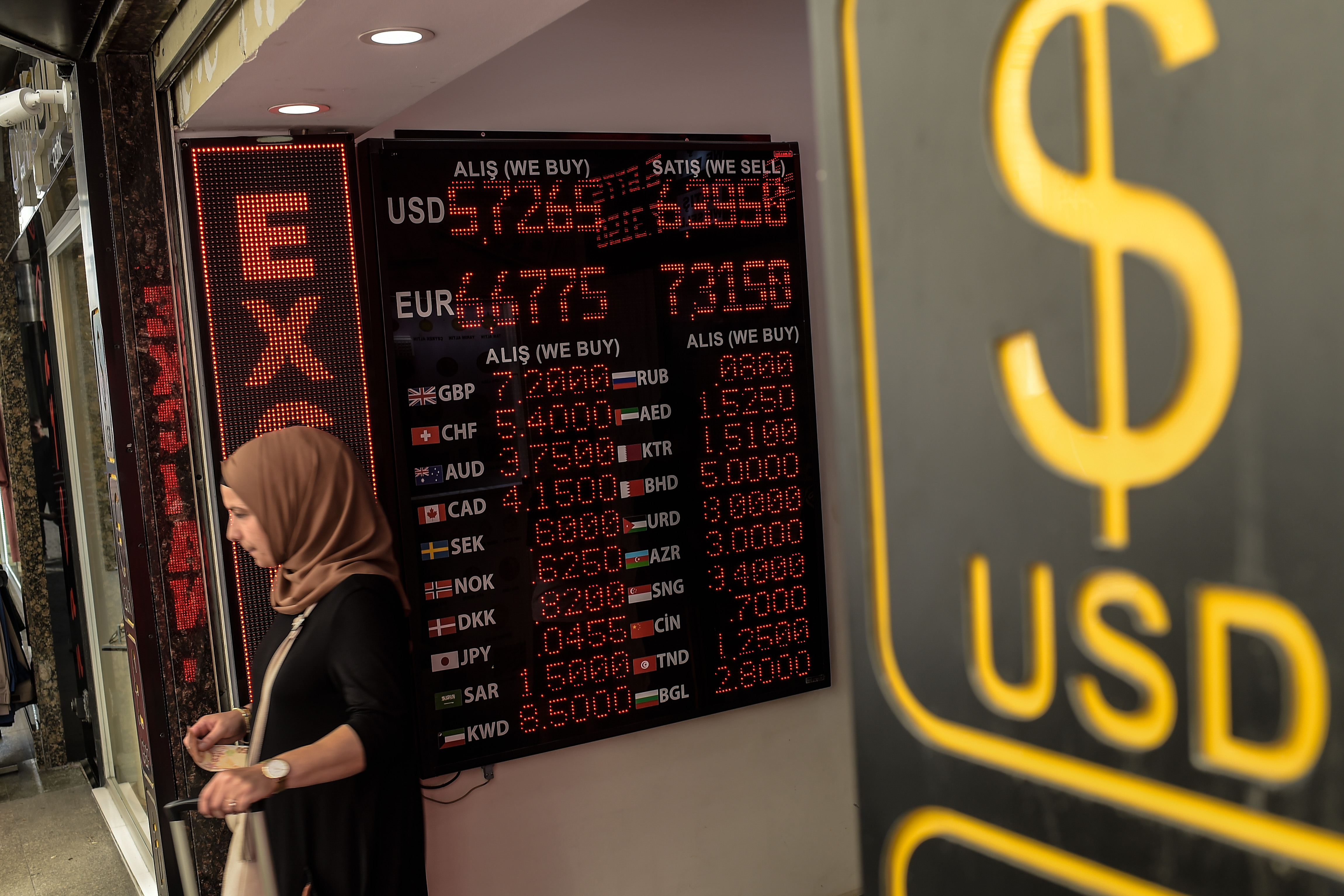São Paulo – Some banks in Gulf Cooperation Council (GCC) countries will be affected by the plunge of Turkey’s currency, the Turkish lira, according to a survey conducted by the Dubai-based financial services firm Shuaa Capital. According to a report by the website Gulf News, many financial institutions in the region have exposure to Turkey.
The Turkish currency has sunk over 40% this year and hit the low price of USD 7.24 this Monday (13) but pulled back after measures were announced by the local government. According to the Gulf News, Arab banks could be affected in terms of their earnings and asset quality.
“The ongoing lira depreciation will lead to higher inflation, sluggish foreign direct investment, muted real GDP growth and higher unemployment, resulting in lower lending growth and weakening asset quality indicators for the Turkish banking system,” said Aarthi Chandrasekaran, vice-president of Shuaa Capital.
Shuaa mentioned banks from Qatar and Kuwait among those to be affected by their exposure to Turkey, with loans to Turkish subsidiaries, for instance. According to Shuaa, Turkey accounts for most of the loans done by some banks and contributes with a significant share of their earnings. However, Shuaa’s vice president reminds that most of these banks are more than adequately capitalized.
According to the Gulf News, economists say that the effects of Turkey’s currency turmoil on the GCC will be limited to exposures specific to companies that have business links in the country, with a temporary impact.
Translated by Sérgio Kakitani




